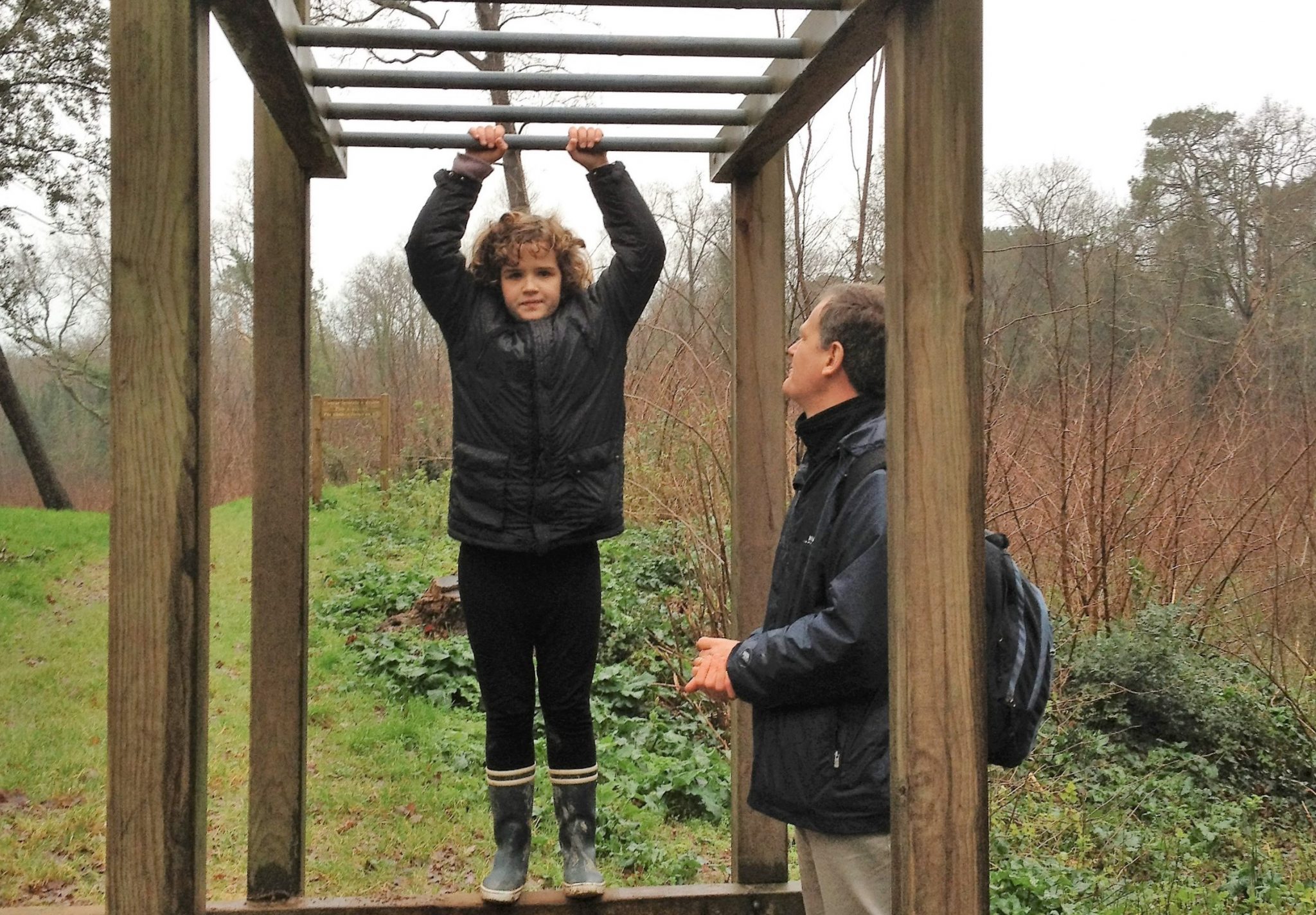Early Childhood Services
For Early Learning CentersWe help early childhood professionals to help children do better.
When a young child engages in challenging behavior, concerns may include safety, and possible delays in learning for the child and her or his peers.
Although it may seem like the behavior is the problem, it’s actually a clue to an underlying issue. Possible issues include:
Skill deficits
The activities may be too difficult for the child’s age or developmental ability. We help you modify the activities so that the child can participate successfully. We’ll also guide you to screen all children routinely, to catch possible developmental delays as early as possible. Screening young children not only helps identify their social-emotional needs, but also helps teachers better understand each child.
Biomedical factors
Established or not yet diagnosed biomedical issues may be affecting the child’s behavior. Some children may have recurring ear infections, allergies and/or undetected gastrointestinal issues. In these situations, we help you refer families to the appropriate medical professionals.
Cultural differences
Differing expectations between home and school may be confusing for the child. Our sensitivity to cultural differences comes from over 20 years of working with families from all over the world. We help facilitate conversations with the child’s parents, to clarify their values and priorities. With that in place, we guide parent-teacher collaboration to best meet each child’s needs.
Language barriers
A child who is learning English as a second language may have some difficulty communicating and responding as a listener. We’ve worked with many families over the past 20+ years whose first language was not English. Although all of our training is conducted in English, we’re experienced in working with translators for families, and we provide strategies for bridging a language gap in an English-speaking school environment.
Family stressors
Major changes at home, such as a new baby, moving to a new house, divorce, etc, may be affecting the child’s behavior. During these transition times, the child may need extra help at school. A positive relationship with the family sets the foundation for each child’s success. As possible, we support you in building that relationship from the start, before family circumstances change. Then we help you and the family determine how to help the child navigate major life changes more easily.
Communication and/or social skill difficulties
Delays in communication skills or difficulties with social interaction may result in challenging behavior. In these situations, we’ll support you in meeting with the child’s parents, to begin the conversation of recommending further evaluation for the child. We respect and welcome parents’ input regarding their child’s development. When parents’ and teachers’ observations don’t match, we help navigate that conversation as well.
We help you get to the root of the issue, in order to effectively improve children’s behavior.
Services are customized to your center’s needs, and may include:
- Observation of children who may not be meeting developmental milestones
- Observation of children engaging in challenging behaviors
- Feedback and training for directors and staff
- Functional behavior assessment
- Strategies for reducing behaviors interfering with learning
- Teaching methods and procedures for skill development
- Monitoring student and staff progress
- Recommending resources for teachers and families
- Facilitating meetings with families to recommend further evaluation, as needed




Getting Started
The first step is a 25-minute introductory phone call with Stefanie Barenblat, BCBA, to discuss your child’s current needs, and to find out more about our services. Introductory calls are by appointment only.
We look forward to speaking with you.
